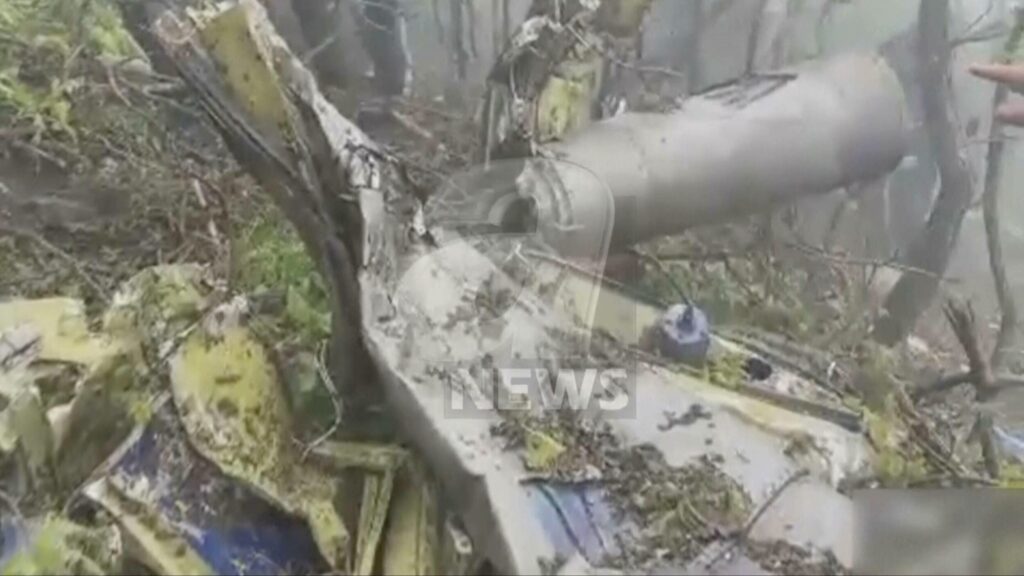Iran’s president Ebrahim Raisi was seen by many as a successor to Iran’s Supreme Leader, Ayatollah Ali Khameni. Now, he has been killed in a helicopter crash in northwest Iran.
Ebrahim Raisi’s hard-line approach spanned decades. In 1988 he was a prosecutor on a panel which sentenced hundreds of political prisoners to death.
The U.S. sanctioned him for his role in the executions, which saw the deaths of around 5,000 people according to Amnesty International.
In 2022, he presided over mass crackdowns on protests over compulsory Hijab laws.
With his death, a power void has appeared in Iran at a time where the country is at the centre of the regions geopolitical turmoil.
What’s next for Iran?
The Supreme Leader confirmed on Monday morning that vice-president Mohammad Mokhber would become the acting president until elections are held.

According to the Iranian constitution, an election must be held within 55 days.
However, many in Iran believe that elections in the state are rigged.
Turnout for the Iranian parliamentary elections was the lowest since the 1979 revolution as most reformist candidates were prevented from running.
Iran is currently at a critical point as a region facing geopolitical turmoil. They are a significant supporter of Russia, sending them Shaheed attack drones for their war against Ukraine. And in May, Iranian made drones were used by Russia to strike buildings in Kharkiv.
Iran has been a key player internationally, exerting their power through arms deals and attacks of foreign states such as Israel. Iran has also been exerting power more covertly, including on UK soil as a City News Investigation explores.
Commentators and key global figures, including Israeli leadership figures, have said that Raisi’s death has left a power void, creating turmoil in the country.
Dutch politician Geert Wilders, has reacted to the news of the crash by calling for freedom for the Iranian people. He did not directly address the Iranian President’s death, but said the government is an “oppressive and barbaric Islamic mullah regime”.
I hope #Iran will soon become a secular state again, with #freedom for the Iranian people and without an oppressive and barbaric Islamic mullah regime.
— Geert Wilders (@geertwilderspvv) May 20, 2024
He also criticised the EU for activating an emergency satellite mapping service to support the location of the helicopter crash. He replied to a statement saying it is “EU solidarity with evil”.
EU solidarity with evil. https://t.co/yBl7ZhW4Lx
— Geert Wilders (@geertwilderspvv) May 20, 2024
The way forward for Iran is unclear, and likely tumultuous both on the international stage and domestically.
The former president was tipped to succeed the elderly supreme leader, Ali Khamenei, amid widespread national conflict and the Iranian people’s lack of confidence in the electoral system.
This is a developing story, we will bring you more details as they come. Please refresh the page to update.
Follow CityNewsBreak on to receive breaking news alerts.






